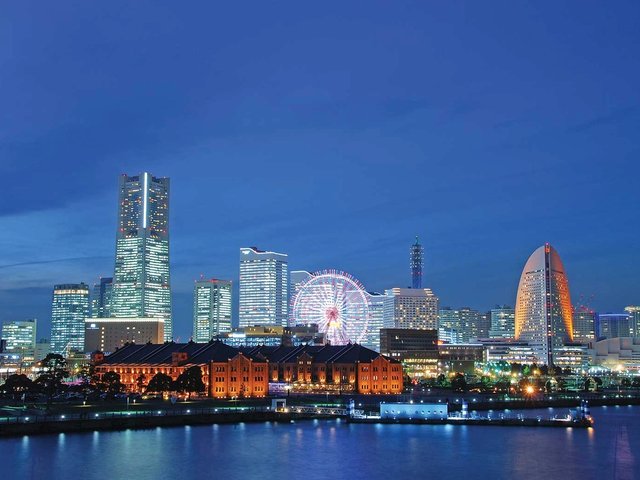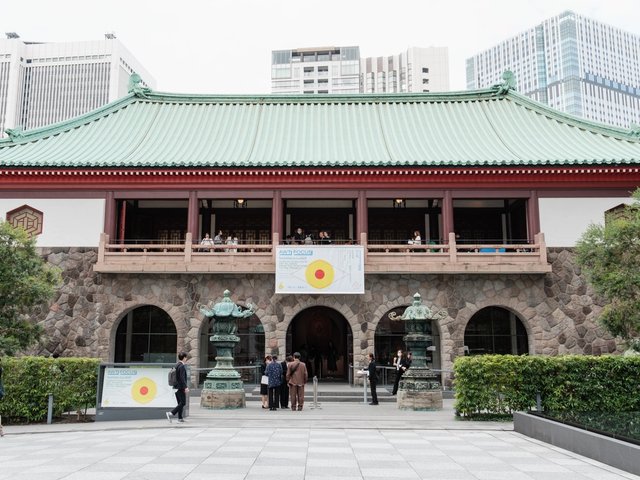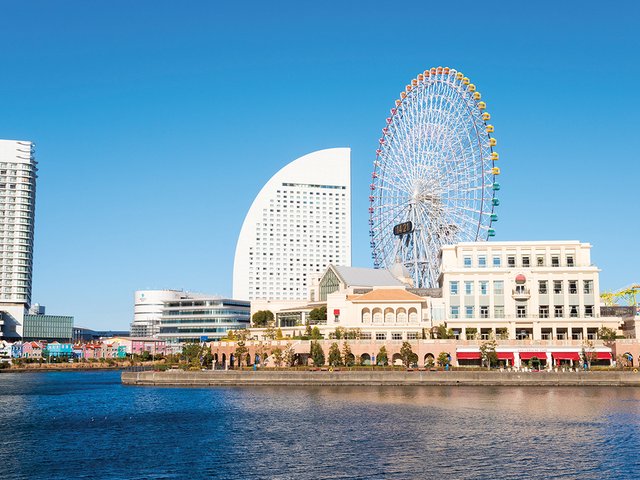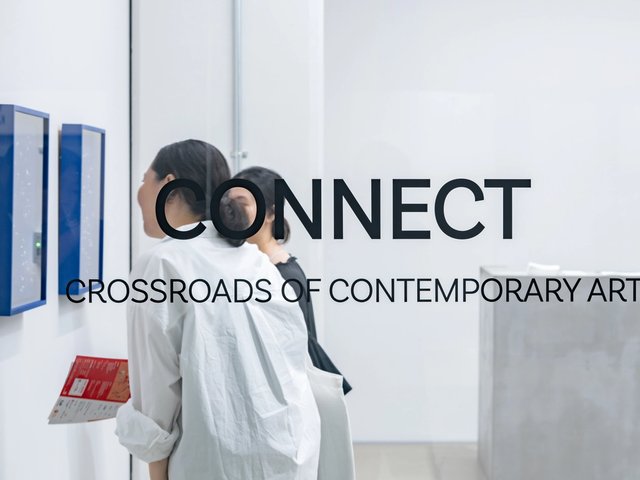For its third edition, Tokyo Gendai (11-14 September) reshaped itself with a new early autumn time slot, and was met with mixed sales amid a slow local and international economy. Previously held in July, the fair in Yokohama, a city with a population of 3.8 million around an hour from Tokyo, this year ran shortly after Frieze Seoul and right before the Aichi Triennial (13 September-30 November) and the Go for Kogei craft and art fair (13 September to 19 October).
The fair's cofounder Magnus Renfrew says feedback for the first two editions was that the original early July date was “suboptimal” for European and American dealers and collectors, plus the humid summer climate was a deterrent. The cooler autumn season brings more overlap with other cultural events in Japan, and the fair week also overlapped with a major survey of Japanese contemporary art at the National Art Center, Tokyo and openings at Tokyo gallery compound Terrada Art Complex.
Still, the new date falls two months before Japan’s main cluster of art events, Art Week Tokyo and Art Collaboration Kyoto in November. Renfrew says the organisation opted against the late autumn season due to space availability and international schedule conflicts. “Galleries feel that it's while it's busy for them to have two weeks of art fairs back-to-back,” after Seoul, “it is actually, for those traveling from further afield, more convenient.”
Renfrew says the “vast majority” of collectors are local, mainly from Yokohama, Tokyo and other nearby cities. “The natural catchment area for Japan is, of course, Japan itself, but then Hong Kong, Taiwan, Korea and mainland China all within striking distance.” Major Asian collectors this year included Jam Acuzar, the founder of Bellas Artes Projects in the Philippines and Patrick Sun, the Taiwan, Hong Kong and Thailand-based founder of the Sunpride Collection. Japan also, Renfrew adds, has a big allure for Western visitors as a romanticised “bucket list” destination.
Gendai, which shares partial ownership with Singapore’s ArtSG and Taiwan’s currently paused Taipei Dangdai, also received a boost from the new partnership with Art Busan, a Korean private-run fair held in the spring. A five-day popup at Terrada showed work brought by six Korean galleries; at Gendai, nine Korean galleries and two from China—Shanghai’s ShangArt and Bank—received partially-subsidised booth fees with funding from the Korean government. Renfrew said the Chinese galleries’ inclusion was an effort to recruit more Chinese participation in Art Busan.
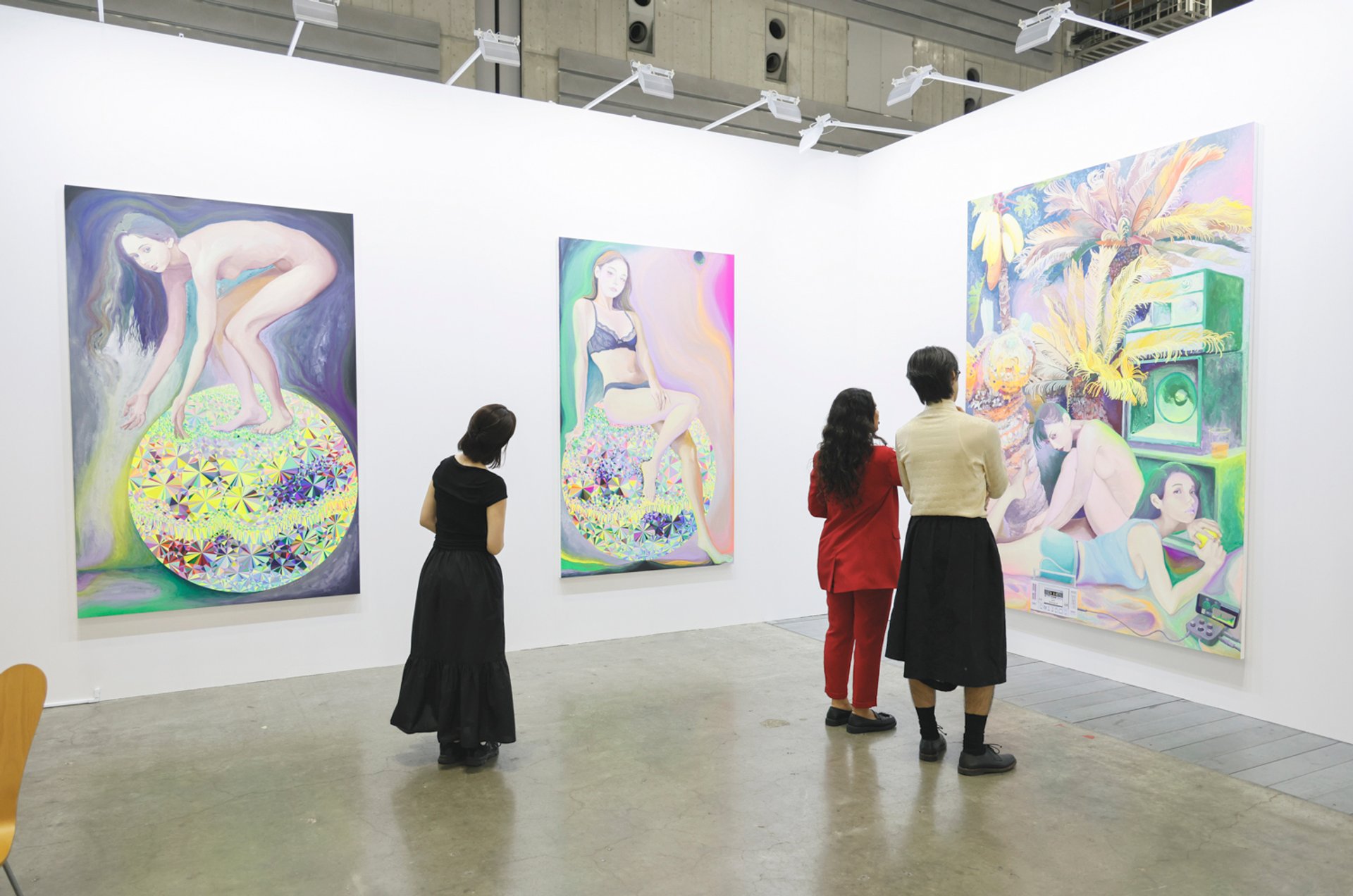
Tokyo Gendai 2025
Courtesy of Tokyo Gendai
Despite a torrential thunderstorm, Gendai’s opening day saw moderate crowds at the Pacifico Yokohama, and galleries reported satisfactory sales that continued over the weekend. “We are very happy with the result,” said Kyoko Hattori, vice president of Pace Gallery, which has operated a Azabudai Hills Garden location in Tokyo since 2024. “We sold most of the works in our booth, including to several very important Japanese collectors” as well as new buyers. She described Japanese collectors as in “less of a rush to buy, and prices are not in the millions so can be more receptive.”
“Compared to last year, it feels slow,” described Mutsumi Urano, director of Tokyo gallery Anomaly. “Many clients are interested, but there are no sales yet,” she said at the close of day one. The gallery showed works by Murayama Ruriko, priced from around $2,000 to $30,000, and by Takahasi Daisuke, for around $1,800 to $11,000, all including tax. “Previously the sales were mostly on the first day. I have no idea why it’s different this year.” By the end of the fair, she noted that the gallery had sold several works. “Also, many curators are interested in Ruriko Murayama’s work, and several viewings of Daisuke Takahashi's paintings have also been booked.” Curatorial visitors got a boost from the Aichi Triennale as well as from a new curator summit Gendai has launched on the fair’s opening day. Many galleries also observed that Japanese collectors comparatively tend to take time to get acquainted with dealers and artists.
Gendai director Eri Takane highlights last year’s report The Japanese Art Market 2024 by Clare McAndrew with Art Basel and commissioned by Japan’s Agency for Cultural Affairs, which positioned Japan’s art market as Asia’s second largest, after mainland China and Hong Kong combined into a single entity. Its growth of 11% from 2019 to 2023 was likely helped by new platforms like Gendai, Art Week Tokyo and Art Collaboration Kyoto.
Despite a sluggish economy overall, now slammed by American tariffs, Japan’s market remains fairly stable due to low art prices and high sales volume, with a broad middle class base for art collection. Japan is forecast to have real GDP growth of 0.7% for this and next year, and faces a snap leadership election by the perpetually ruling Liberal Democratic Party on 4 October. Economic concerns as well as social issues like same-sex marriage and whether married women may retain their surnames are under contention.
Takane observes a growth also coming from younger generations of traditional family businesses now taking over from their aging parents. “They are not only interested in contemporary art but also in things like the restaurant, music and design businesses, and they are trying to connect the dots between them.”
Major sales at the fair including Hiroshi Senju works reportedly selling for around $400,000 to $450,000 and $195,000 at Sundaram Tagore, which also sold a triptych by Miya Ando for $62,000. Kotaro Nukaga reported sales including works by Tomakazu Matsuyama for around $100,000 to $150,000 and by Rember Yahuarcani for $38,000. Gallery Target reported selling two-thirds of their booth of works by Ayako Rokakku, Yusuke Hanai and Hiroshi Nagai on the preview day for prices between around $3,000 to around $29,000.
Yokohama, home to a famous art museum and renowned triennial, has not seen much expansion of its local scene from Gendai. Refrew denies rumours of an impending move to Tokyo, saying the talk circulates erroneously every year. While it receives regular examination, any shift would be several years out, given waiting times at a suitable venue. The country’s—and Asia's—oldest fair, Art Fair Tokyo, also started out in Yokohama as the Nippon International Contemporary Art Fair in 1993.



